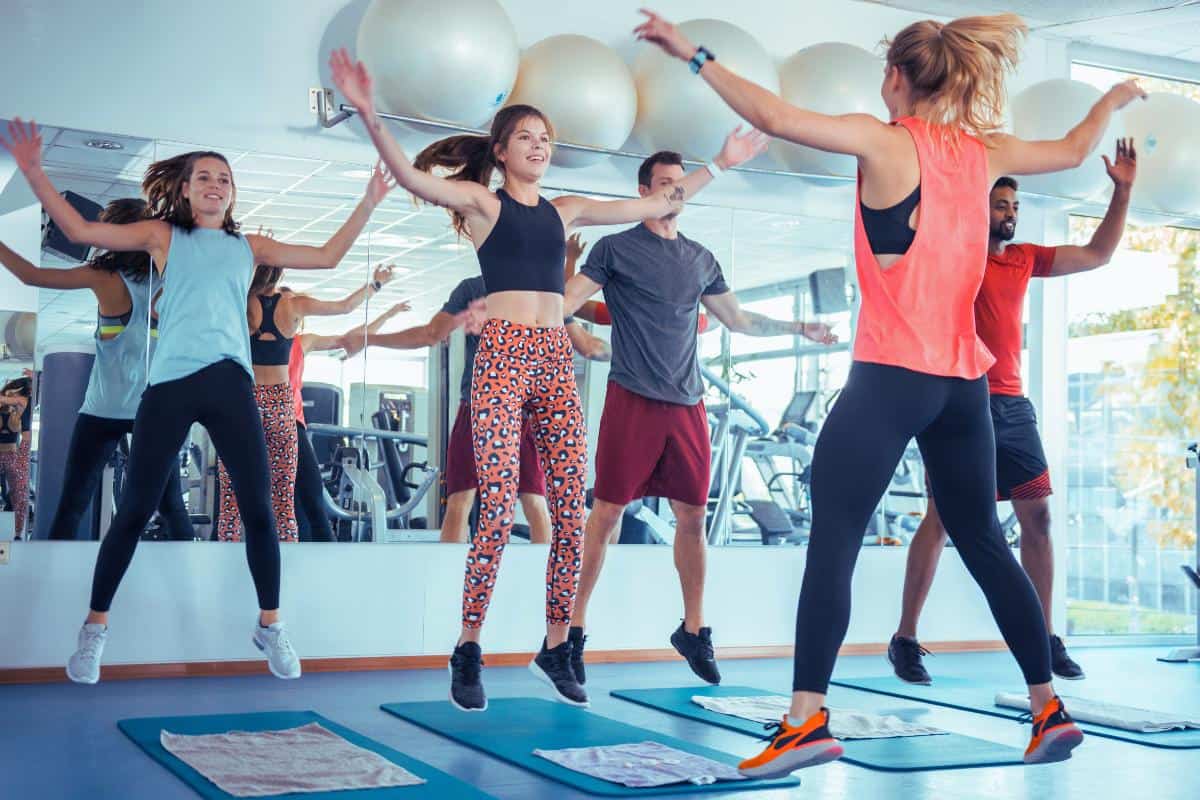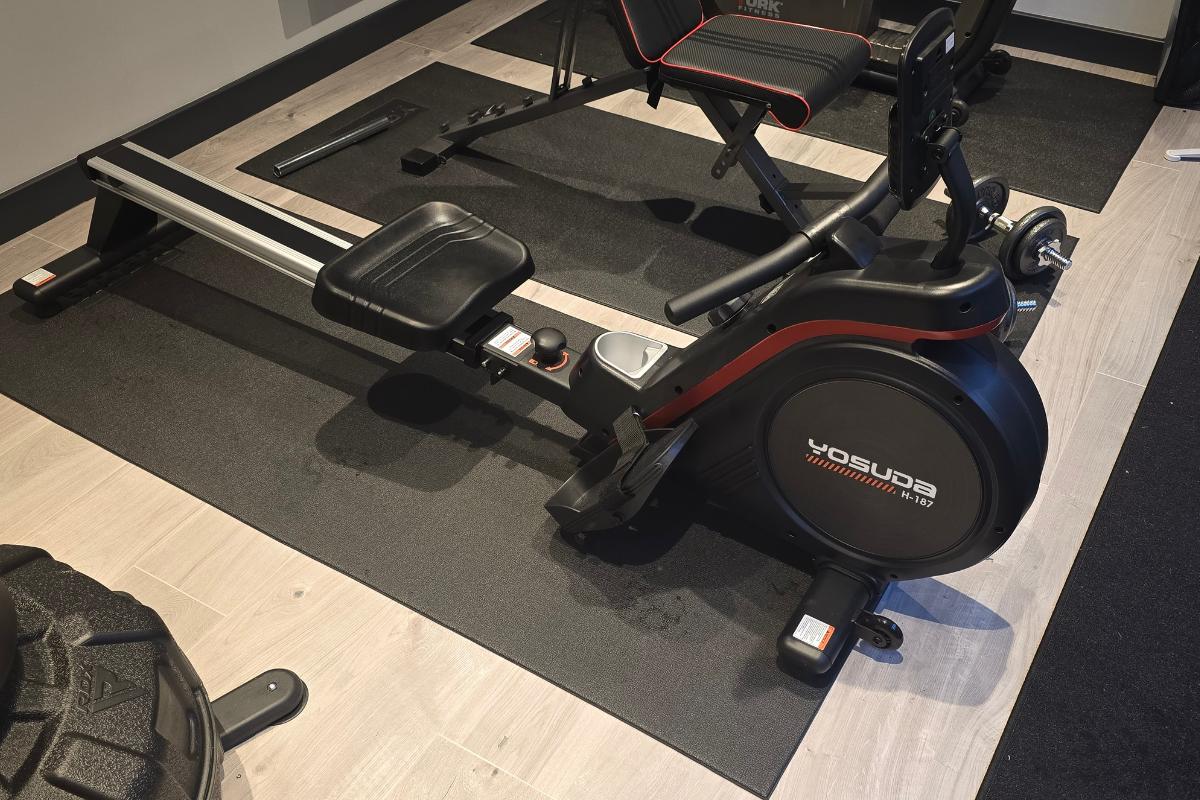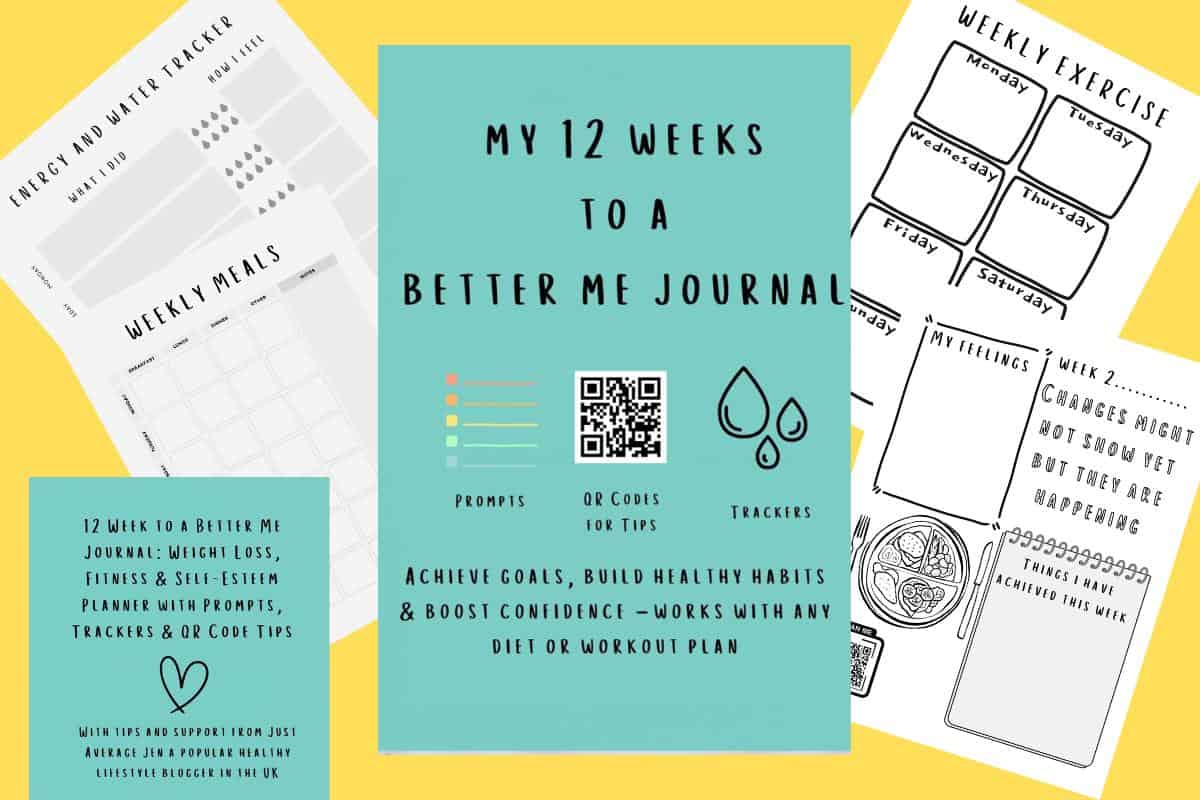Do You Really Need More Protein? The Truth About Protein and Exercise
You’ve probably heard it a million times: “If you want to build muscle, you need more protein!”. Here I share the facts about protein and exercise so you can make smart choices about your muscle-building diet.
Getting enough protein matters, but it’s not as complicated as some people make it out to be. Whether you’re just starting to exercise or you’ve been lifting weights for years, understanding how protein works in your body can make a big difference.
This protein intake guide will show you exactly how much protein you need, when to eat it, and how to avoid wasting money on expensive supplements you probably don’t need.

The Link Between Protein and Exercise
Think of protein as the building blocks for your muscles. Every time you exercise, especially when you lift weights or do resistance training, you create tiny tears in your muscle fibres. This might sound scary, but it’s actually how your muscles get stronger.
Your body uses protein to repair these tears and build new muscle tissue. Without enough protein, your muscles can’t recover properly from workouts. It’s like trying to fix a brick wall without having enough bricks.
Protein is made up of smaller parts called amino acids. Your body can make some amino acids on its own, but others, called essential amino acids, must come from food. When you eat protein, your digestive system breaks it down into these amino acids and sends them where they’re needed most.
How Much Protein Do You Actually Need?
The amount of protein you need depends on several factors, including your weight, activity level, and fitness goals. There isn’t one size fits all when it comes to protein and exercise.
For Regular Adults
If you’re not very active, you need about 0.8 grams of protein per kilogram of body weight each day. For a 70kg person, that’s about 56 grams of protein daily.
For Active People
If you exercise regularly, your protein needs go up. Active adults should aim for 1.2 to 1.6 grams per kilogram of body weight. Using our 70kg example, that’s 84 to 112 grams per day.
For Serious Athletes
People who train intensely or are trying to build significant muscle mass might need 1.6 to 2.2 grams per kilogram. That’s 112 to 154 grams for our 70kg person.
Most people can get enough protein from food alone. You don’t necessarily need protein powders or bars, though they can be convenient.
Protein and Exercise – When To Eat
Timing your protein intake can make a real difference in how your body uses it. Your muscles are like sponges that are most ready to absorb nutrients right after exercise.
The Post-Workout Window
Try to eat some protein within two hours after your workout. This is when your muscles are primed to use amino acids for repair and growth. You don’t need a massive protein shake, 20 to 25 grams is plenty for most people. Two eggs are around 13g of protein, and 100g of chicken breast is around 31g of protein.
Spread It Throughout the Day
Instead of eating all your protein in one huge meal, spread it across your day. Your body can only use about 20 to 30 grams of protein at once for muscle building. Eating more than that in a single sitting doesn’t provide extra benefits.
Don’t Forget Breakfast
Many people skimp on protein at breakfast, but starting your day with protein helps maintain your muscle mass and keeps you feeling full longer.
Protein-Rich Foods
You don’t need to choke down plain chicken breast every day. Plenty of tasty foods are packed with protein.
Animal Sources
These foods contain all the essential amino acids your body needs:
- Chicken, turkey, and other poultry
- Fish and seafood
- Lean cuts of beef and pork
- Eggs (one of the most complete protein sources)
- Greek yoghurt and cottage cheese
- Milk and cheese
Plant Sources
Vegetarian and vegan options can be just as effective:
- Lentils, chickpeas, and other legumes
- Quinoa (one of the few plant proteins with all essential amino acids)
- Nuts and seeds
- Tofu and tempeh
- Protein-rich grains like amaranth
If you’re vegetarian or vegan, you might need to be more thoughtful about combining different plant proteins to get all essential amino acids. But it’s definitely possible to get your protein and exercise with proper planning and not buying expensive supplements.
Common Protein Mistakes People Make
Even with good intentions, it’s easy to get protein wrong. Here are the most common mistakes with protein and exercse and how to avoid them.
Mistake 1: Thinking More Is Always Better
Your body can only use so much protein for muscle building. Eating excessive amounts won’t make your muscles grow faster; it might just make your wallet lighter and your kidneys work harder.
Mistake 2: Ignoring Protein Quality
Not all proteins are created equal. A protein’s quality depends on its amino acid profile and how easily your body can use it. Animal proteins generally score higher, but many plant proteins are excellent too.
Mistake 3: Relying Too Much on Supplements
Protein powders and bars are convenient, but whole foods offer additional nutrients that supplements can’t match. Use supplements to fill gaps in your diet, not replace real food.
Mistake 4: Forgetting About Carbs and Fats
Protein is important, but it works best as part of a balanced diet. Carbohydrates provide energy for your workouts, and healthy fats support hormone production.
Signs You’re Getting Enough Protein
How do you know if your protein intake is on track? Your body gives you several clues. If you are looking at protein and exercise, these are important things to consider.
You should feel energised and recover well between workouts. Your muscles should feel less sore the day after exercise compared to when you started your fitness routine. If you’re trying to build muscle, you should see gradual improvements in strength and muscle size over weeks and months.
Poor recovery, constant muscle soreness, or difficulty building strength despite consistent training might indicate you need more protein. However, these symptoms can also result from inadequate sleep, too much stress, or not enough calories overall.
Special Considerations for Different Goals
Your protein needs might vary depending on what you’re trying to achieve with your exercise routine. Here are your protein and exercise aims depending on different goals.
For Weight Loss
If you’re trying to lose weight while maintaining muscle mass, protein becomes even more important. Aim for the higher end of the recommended range, about 1.6 grams per kilogram of body weight. Protein helps you feel full and prevents muscle loss during calorie restriction.
For Muscle Building
Building significant muscle mass requires consistent training and adequate protein. Stick to 1.6 to 2.2 grams per kilogram of body weight, but remember that calories matter too. You can’t build muscle without enough total energy.
For Endurance Athletes
Runners, cyclists, and other endurance athletes need protein for muscle repair, but they also need plenty of carbohydrates for energy. Don’t sacrifice carbs for protein if endurance is your main goal.
Budget-Friendly Protein Sources
Getting enough protein doesn’t have to break the bank. Some of the cheapest protein sources are also among the most nutritious.
Eggs are affordable and versatile. Tinned fish like sardines and mackerel provide high-quality protein plus healthy omega-3 fats. Dried legumes like lentils and chickpeas are cheap, filling, and packed with protein and fibre.
Buying cheaper cuts of meat and cooking them slowly can save money while still providing excellent protein. Think slow-cooked beef brisket or chicken thighs instead of expensive steaks and chicken breasts. Protein and exercise do not need to be costly!
When Supplements Might Help
Most people can meet their protein and exercise needs through food, but supplements can be useful in specific situations.
If you’re vegetarian or vegan and struggling to get enough protein, a plant-based protein powder might help. People with very high protein needs, like serious athletes or bodybuilders, might find supplements convenient for reaching their targets.
Protein supplements can also be helpful if you have a poor appetite after workouts or if you’re always rushing and need quick protein sources.
Making Protein and Exercise Work for Your Lifestyle
If you hate eggs, don’t force yourself to eat them every morning. If you’re a vegetarian, don’t stress about getting “incomplete” proteins, just eat a variety of plant foods.
Start by tracking your current protein intake for a few days. Many people are surprised to discover they’re already eating enough protein, whilst others realise they need to make some adjustments.
Focus on including a protein source with each meal rather than worrying about exact grams. A palm-sized portion of protein at each meal usually gets most people close to their targets.
Moving forward with protein and exercise
Understanding protein and exercise is just the beginning of building a muscle-building diet that works for you. The key is finding an approach that fits your lifestyle, preferences, and budget.
Start by assessing your current protein intake. Are you getting enough spread throughout the day? If not, identify one or two meals where you could add more protein-rich foods.
Remember that consistency beats perfection. You don’t need to stress about hitting exact protein targets every single day. Focus on building sustainable habits that support your fitness goals over the long term. The most important thing is to keep exercising regularly and eating a balanced diet with adequate protein.
Do you know more now about protein and exercise than you did? Do you feel more equipped for ensuring you have enough protein? Let me know your protein and exercise routines in the comments below.






